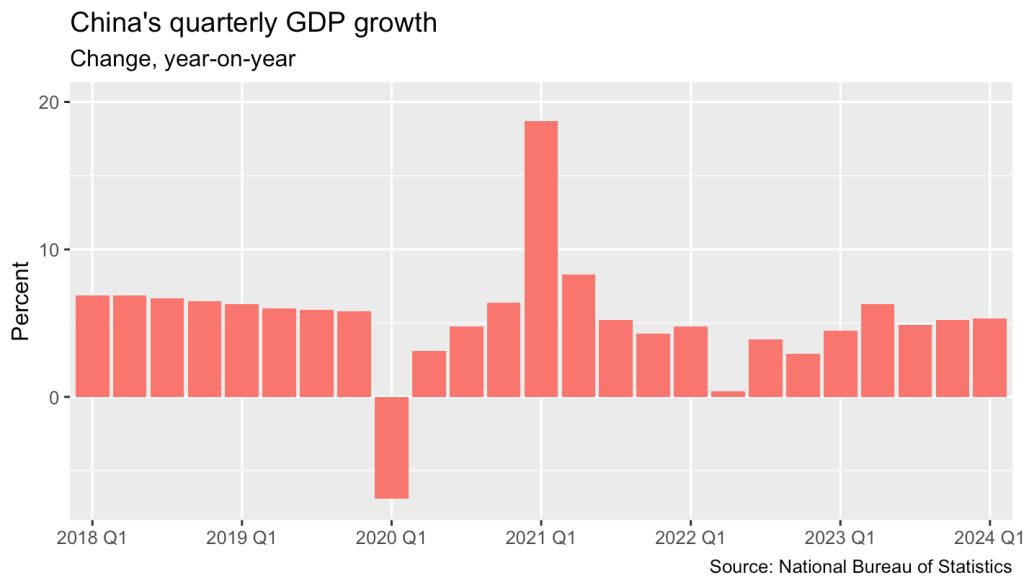CHINA WILL NOT emerge well from the unfolding revelations that its anti-doping agency cleared 23 of the country’s top swimmers to compete in the Tokyo Olympics in 2021 after failing tests for a banned performance-enhancing drug.
The country’s 30-member swimming team won six medals at the Tokyo Olympics, including three golds.
The China Anti-Doping Agency (Chinada) said that ‘unintentional ingestion’ caused the presence of the heart medication trimetazidine (TMZ) in the positive tests of 23 of the 30-strong national swimming squad. The tests were administered at a training camp seven months before the delayed Tokyo Olympics.
TMZ enhances the body’s oxygen takeup. The same drug got Olympic star Sun Yang a three-month ban in 2014. Sun is currently serving a ban of eight years, reduced on appeal to four, for missing scheduled drug tests.
Russian figure skater Kamila Valieva also tested positive for TMZ before the 2022 Winter Olympics; she received a four-year ban.
Both Chinada and the World Anti-Doping Agency (Wada) now face intense criticism for covering up the positive test results of China’s swimmers.
Wada has confirmed it was notified of Chinada’s decision in June 2021 but says that its review of the contamination theory presented by Chinada could not disprove the possibility. It concluded that the swimmers were not at fault and that an appeal against Chinada’s decision was not warranted.
Swimming’s governing body, World Aquatics, then known as Fina, was also notified about the tests in 2021 and reached a similar conclusion as Wada.
In response to press reports in recent days about the positive tests, China’s foreign ministry spokesman Wang Wenbin said on Monday that the story was false; China’s anti-doping centre had conducted what he said was a detailed investigation that concluded that the athletes’ behaviour did not constitute a doping violation.
Chinada has said that as it had concluded that the swimmers had not broken anti-doping rules, it was not obligated to publish details of tests of innocent parties.
However, in 2023, the US anti-doping agency, Usada, told Wada that it had been tipped off that positive test results had been hidden. Wada repeated that no evidence of wrongdoing had been found. As the allegations were first reported by the New York Times, this Bystander’s working assumption is that Usada suggested, let us say, to the newspaper that this was something they should look into.
At this point, the allegations of a coverup are all ‘he said/she said’. Thus, it comes down to reputation for trust.
In recent years, the Chinese government has consistently ranked first or second for being trusted by its citizens among the 28 countries included in Edelman’s Trust Barometer, a widely quoted survey conducted annually by the US public relations company. Unsurprisingly, it is one Chinese officials like to cite.
One can question the results of any public opinion survey conducted in an authoritarian country, but the broader point is that nothing like similar levels of trust in the Chinese government is expressed elsewhere, especially in countries that fall under the umbrella of belonging to the West.
If anything, China is looked upon increasingly less favourably in the West. Even in the Global South, it may be respected but is rarely loved. Plenty of countries may have little love for the West, but they have no desire to see US hegemony replaced by a Chinese equivalent.
At the same time, a Carter Center-RIWI survey published in 2021 found that most Chinese remain convinced that China’s international reputation is broadly, if not very, favourable, an opinion it is not in the government’s interest to challenge.
In the same vein, it is notable that China has no true allies apart from, for historical reasons, North Korea. Beijing would not go to war to defend another country out of a commitment to shared values. Even the ‘friendship without limits’ with Russia has been shown to have limits by the wars in Ukraine and Gaza. Once the need for a united anti-Western front fades, it may prove to be a marriage of convenience. History certainly backs such an outcome.
In the narrow case of the Olympic swimmers, whereever the truth lies, China is unlikely to get the benefit of the doubt — and the more it tries to wolf warrior its way through it, the less it will be beleived.
.



